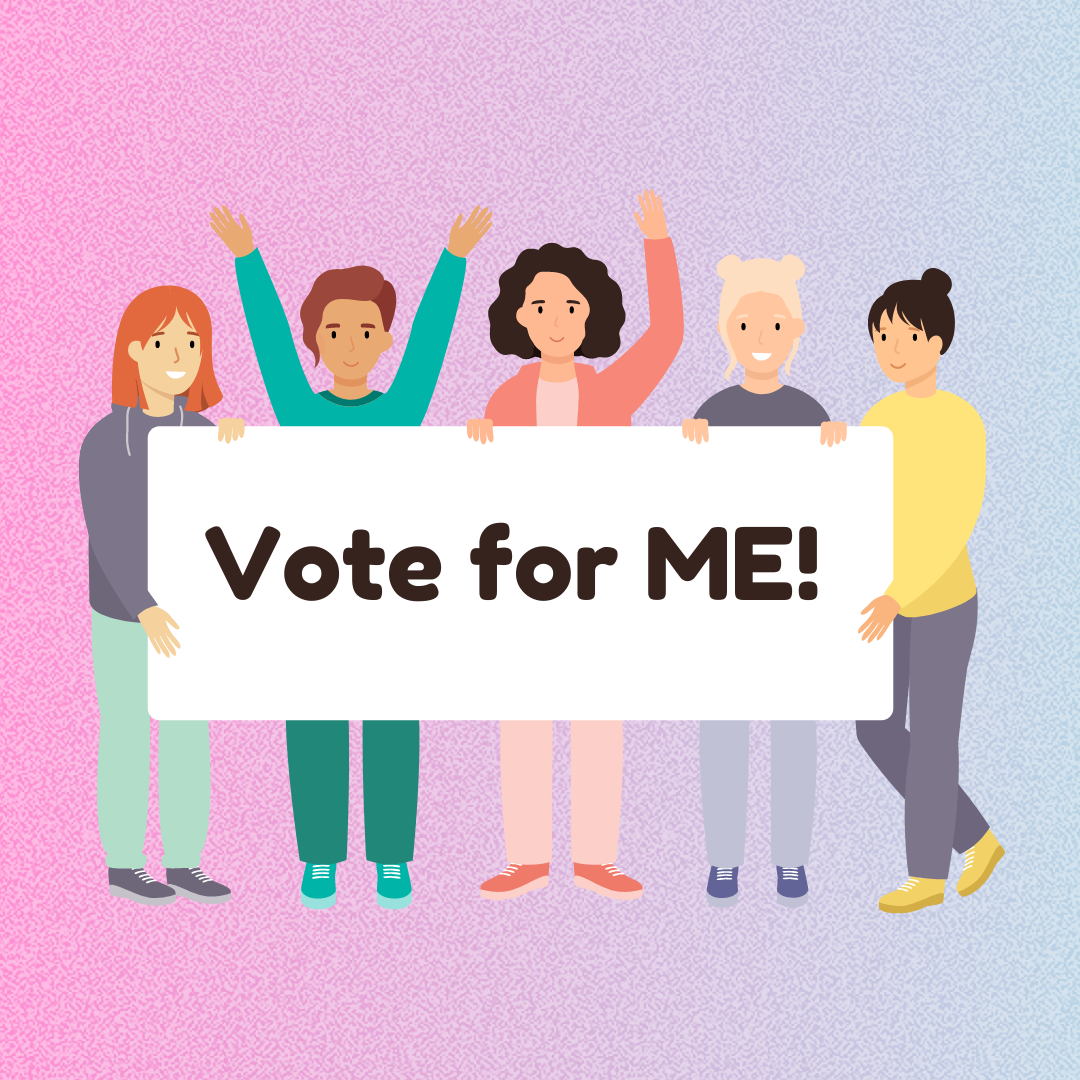Social media platforms are bombarded with campaigns from students running for homecoming court in the weeks before homecoming festivities. High schoolers from privileged districts contend for votes in hopes of being named homecoming royalty.
There are a number of students who campaign on social media to cultivate their homecoming experience, particularly in schools with festivities significant to student life. Involvement in homecoming activities is a priority for many students and has various effects on a school’s environment. Students who don’t campaign sometimes turn to advertising for those who are.
It’s so simple to press a few buttons and display support for someone else, which attracts less enthusiastic students. Elected junior representative Avalon Anderson experienced this concept within her friend group during the court voting process. “A few of my friends posted on their Instagram stories ‘Vote Avalon for hoco court!’ and I think that might have been enough to get a lot of my friends to vote for me,” she recalled. These encouraging actions can connect the student body and rally school spirit when done purposefully.
Yet there’s a hidden duality of a strong social media presence. While there are numerous options for reposting, doing so can quickly become detrimental to the intent of sharing posts.
In a culture where reposting is a rather encouraged decorum, it isn’t feasible to share each and every person’s post, especially when it comes to homecoming campaigns.
During weeks of advertising, Snapchat stories, for instance, may display anywhere from two candidates’ ads to 25 or more. Senior Lauren Lundie noticed this trend and has experienced its off putting effects. “After a while, seeing the same [campaigns] over and over again can get a little annoying,” she explained.
Normalized insincerity is becoming increasingly common as social media complicates aspects of life. Instead of engaging the least avid participants in school affairs through familiar means, redundant social media reposts make involvement less appealing. They nag students to vote and no longer support benign aspirations of being on homecoming court or crowned as King or Queen.
Even more so when voting is limited to a mere handful of students. “[Advertising] is a great strategy for promotion and a way to support your friends, but reposting more people than there are court sports feels inauthentic,” Lundie expressed.
Too many people jump on the bandwagon without truly understanding their actions, and it creates significant doubt as to the sincerity of students. Seeing the same set of 20 student campaigns posted to numerous accounts across multiple platforms does little more than backfire on the campaigners because of its absurdity.
Superfluous reposts cause many students to disregard homecoming ordeals entirely. “So many people I know just didn’t vote…Even some of my friends were totally against it,” Anderson said.
This harms school culture and minimizes the lessons students are able to take from experiences like homecoming voting. Toxic habits created as a teenager can follow people into adulthood where thoughtless actions have more dire consequences.
Replaced with half-hearted support and follower notions, sincere advertising for personal opinion is a trait of the minority.









